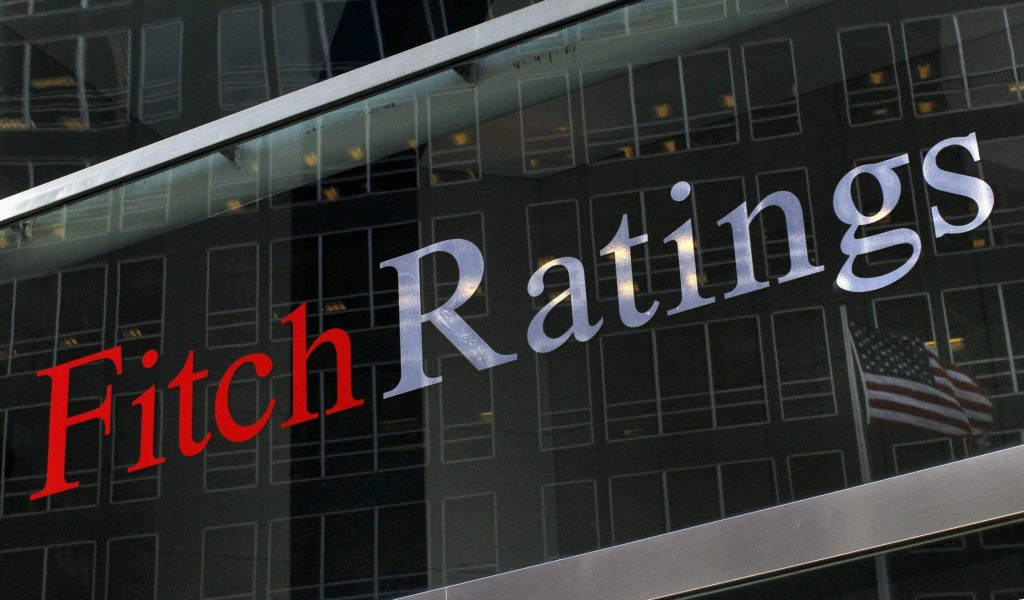Ghana’s economic outlook will remain negative until the fiscal economy which will be reviewed alongside its Sovereign Credit Rating in the first quarter of next year improves, Fitch Ratings has said in its latest report on Sub-Saharan Africa Sovereign Credit Overview.
This is coming few days to the presentation of the 2022 Budget, in which investors, analysts and market watchers are keenly watching and waiting for economic policies that will help stabilize the economy.
“This reflects continued uncertainty about whether sovereigns will be able to stabilize and reduce their debt levels, as well as risks to external liquidity in an environment of tightening global financing conditions. Government debt still rising from already high levels median government debt for Sub-Saharan Africa rose to 66% of Gross Domestic Product in 2020, from 58% in 2019 and is expected to continue rising to 70% in 2021 and 73% in 2022, although we currently forecast a reduction to 72% in 2023”. Ghana’s debt to GDP is presently pegged at about 76%.
According to Fitch, many negative outlooks including that of Ghana remain after an unprecedented number of downgrades in 2020 in response to the rise in government debt and liquidity or financial challenges resulting from the Covid-19 pandemic.
It revised the country’s economic outlook to negative in June 2021, but affirmed its B Credit Ratings.
Despite that, the country in recent times has seen cost on its international bonds rising, whilst risks to its ability to meet medium-term financing needs increase.
Going forward, the international ratings agency is projecting a mixed performance for the economy, saying the deficit, on a cash basis will narrow to 7.7% of Gross Domestic Product in 2023, from 14% in 2020, with the general government debt to GDP ratio continuing to rise through 2022-2023, before plateauing in subsequent years below 90%”.
“Concerns about the government’s commitment to fiscal tightening, ahead of the release of the 2022 budget in November, may also have contributed to rising yields. Fitch already projects a more gradual improvement in the public finances than the 2021 budget’s medium-term framework, which saw the deficit falling to 5.5% of GDP by 2023. We forecast the deficit, on a cash basis, to narrow to 7.7% of GDP in 2023 from 14% in 2020, with the general government debt/GDP ratio continuing to rise through 2022-2023, before plateauing in subsequent years below 90%.”
This forecast will deprive investments into critical sectors of the economy.
Meanwhile, Fitch, has kept the economic outlook of Benin at ‘B+’ and Stable, saying it has displayed resilience in the face of the Covid-19 pandemic, whilst Cote d’Ivoire’s outlook was maintained at stable as the pandemic shock left only limited damage.
| COUNTRY | OUTLOOK | SOVEREIGN RATING |
| Ghana | negative | B |
| Nigeria | stable | B |
| Benin | stable | B+ |
| Cote d’Ivoire | stable | BB- |
| Rwanda | negative | B+ |







